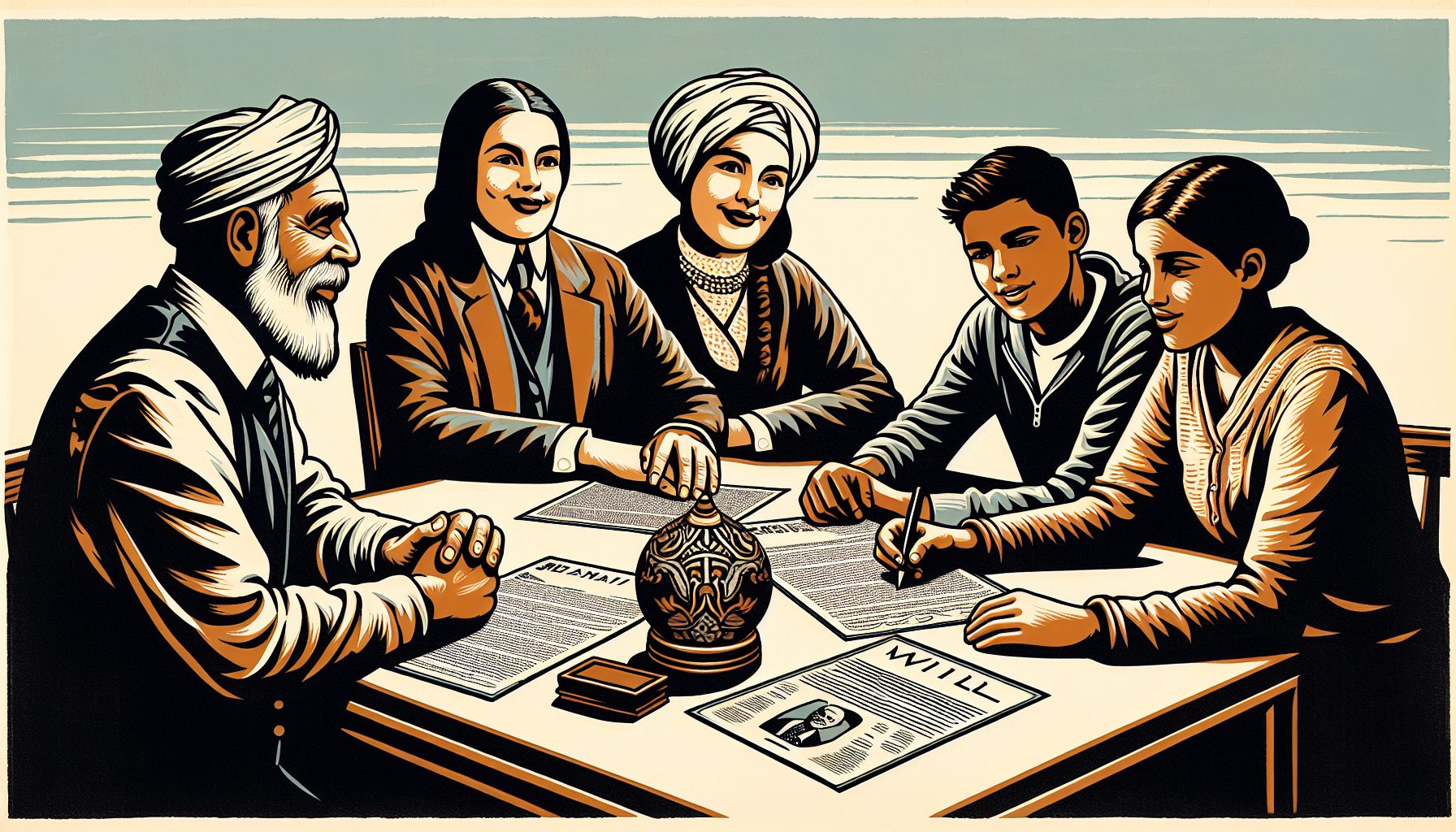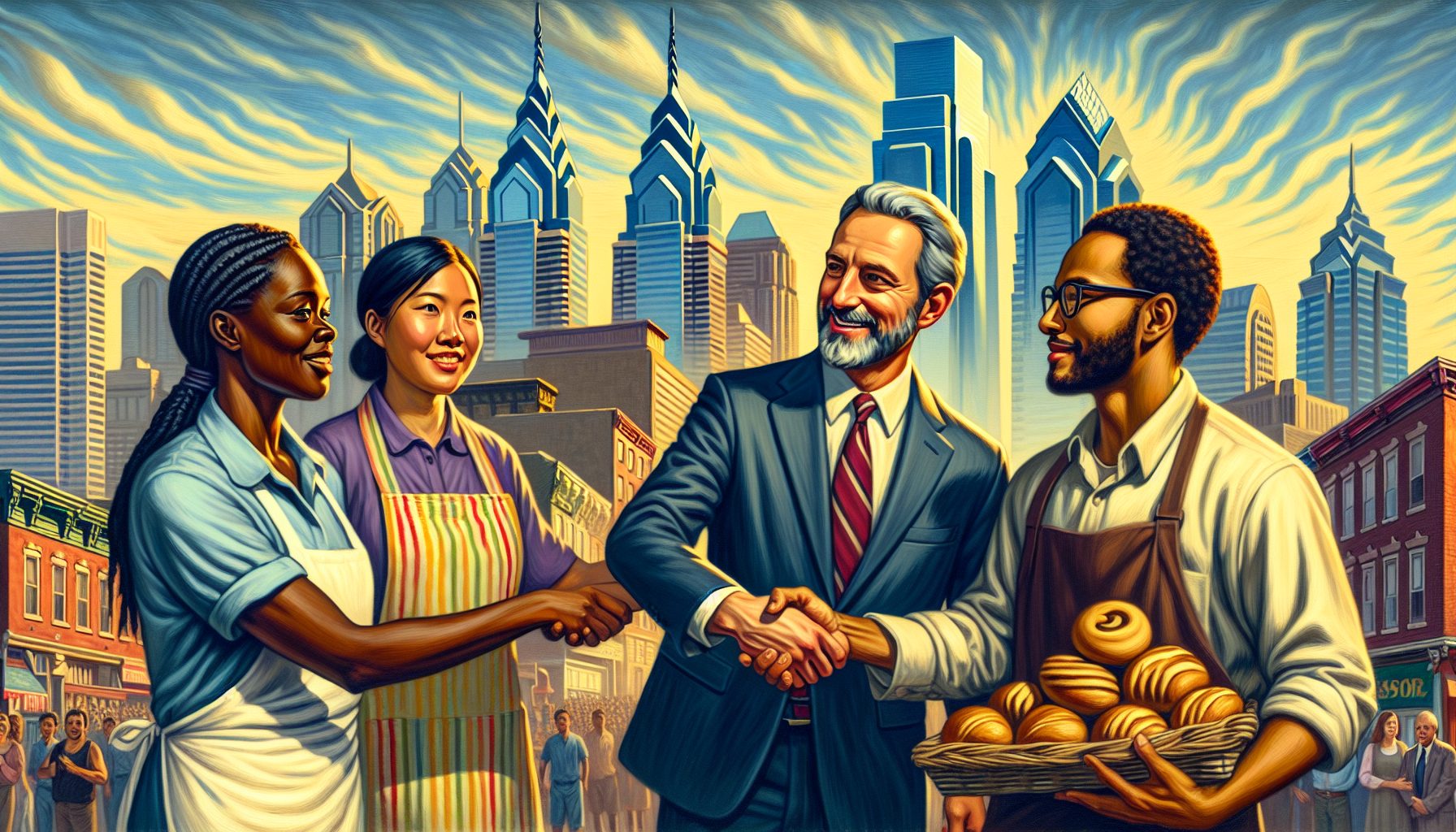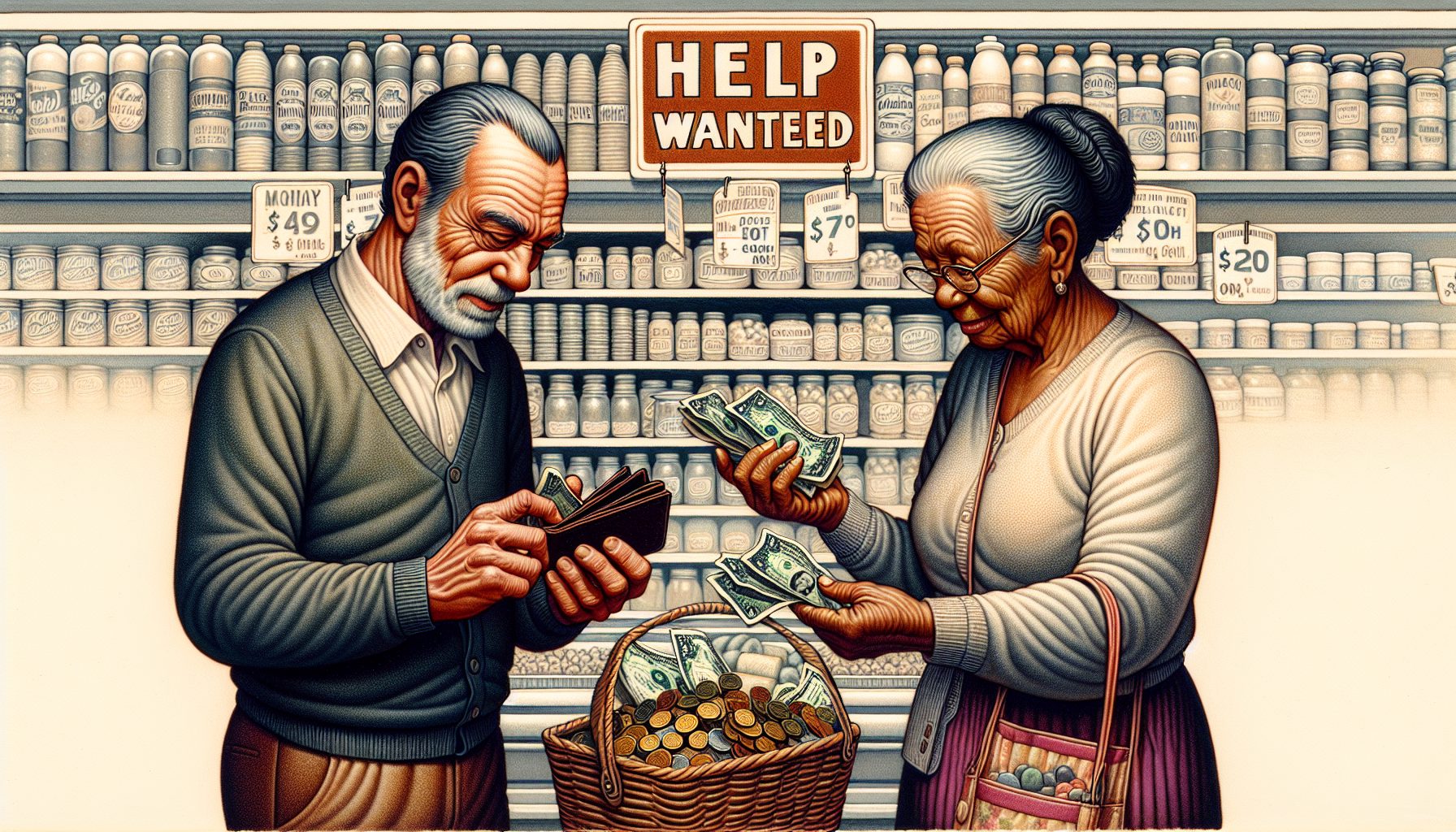By Tony Kontzer If the hype about the so-called “social enterprise” that was so evident at Salesforce.com’s Dreamforce conference last week is to be believed, the social capabilities that business and IT managers crave in the tools they and their teams rely on are arriving in short order. At Dreamforce, it seemed clear that while social media have largely disappointed on Wall Street, demand for social tools in the business world is insatiable. Companies across all industries were on hand to share how they’re injecting their businesses with the energy social tools bring. They made it clear that social isn’t just a buzz word—it’s a valuable new business capability that sets forward-thinking companies apart from their slower-moving competitors. Take Burberry, the upscale British clothier whose CEO, Angela Ahrendts, spoke briefly during Salesforce.com CEO Marc Benioff’s keynote. The company has taken advantage of the social capabilities in Salesforce.com’s various products to better connect with customers. It’s attempting to do this not just through the usual social media channels such as Facebook and Twitter, but through its brick-and-mortar retail stores as well. That approach is the center of a grand experiment recently unveiled when Burberry’s most ambitious store opened earlier this month. Ahrendts said Burberry is directly greeting repeat customers via their cell phones once they’ve entered the new store. That recognition triggers what she described as an “immersive experience,” in which a customer trying on a raincoat equipped with an RFID chip might find herself looking into a mirror that tells her about that coat’s origins and shows her video of the coat being made—all while nearby high-resolution monitors make it feel as though it’s raining in the store. Presumably, Burberry could also use customer information to offer up personalized tidbits, such as pointing out that the coat goes great with a pair of pants the customer bought recently (although Ahrendts didn’t get into such details). Using social capabilities to forge a tighter bond with customers was a major theme for the week, with Salesforce.com announcing a slew of socially infused services designed to accomplish just that. Several other prominent customers were on hand to share their plans—or successes—on that front. Tim Campos, CIO of Facebook, shared how the social media juggernaut is using Salesforce.com’s new Work.com performance management application to provide a persistent feedback loop that makes it easier to train and reward employees—and to simplify performance assessments. He said next-generation HR applications need to focus less on cost structure and organizational goals and more on connections between people. “Our workforce is encouraged to provide continuous, authentic feedback every day,” Campos said. He added that the ability to extract value from that feedback is critical. Virgin America CEO David Cush spoke about the airline’s expanding use of Salesforce.com’s fast-growing Chatter business social platform, to which the vendor has added the ability to build private, branded communities that customers, suppliers and partners can access. Virgin is tapping these capabilities to provide a direct channel to passengers in flight, enable social media communications between passengers, and empower employees to make more decisions about things that affect customers. “Traditionally, airline communication has been very chain-of-command,” Cush said. “We’re a more egalitarian organization, so we want to change that.” Andy Lark, chief marketing officer of Australia’s Commonwealth bank, described plans to use Salesforce’s socially infused Marketing Cloud to, among other things, enable home buyers to hold up their phone camera to a prospective home and immediately find out everything they need to know about it. If there’s one underlying theme that runs through such examples, it’s that if you put information in the hands of people who can actually use it, good things will probably come of it. Benioff is convinced this kind of democratic use of information is a revolutionary concept that business leaders will have to embrace. “This social revolution is indeed a trust revolution,” Benioff said during his keynote. Whether or not companies are willing to let that revolution occur, he added, “will determine future successes and failures.” | |









